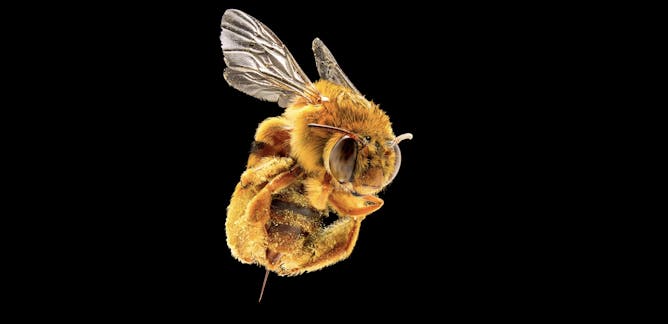|
There’s an argument to be made that Victoria Day is the best long weekend of the year. Hear me out. The summer is ahead of us. Winter is in the rear-view mirror. Flowers are blooming. Campsites are opening. Gardens are being planted. It’s warm, but not stinking hot. The May long weekend always seems like such an optimistic holiday.
I’m lucky enough this long weekend to be at our family cottage at the north end of Georgian Bay. The Victoria Day holiday is often “opening” weekend in cottage country. I’ll spend the next three days removing sheets from the furniture, checking to see if any mice have used the place as an Airbnb, sweeping and dusting inside and raking and trimming outside. Maybe there will be time for a paddle in the canoe – if the blackflies aren’t too bad.
For your long weekend reading pleasure, I’ve assembled some stories that seem suitable for Victoria Day. It may be the unofficial start of summer, but that also means wildfire season is here. We’ve got stuff on birds and bees and bugs – including a great read on whether a worm really ate part of Robert Kennedy Jr.’s brain.
Enjoy the extra day this weekend. We’ll be enjoying it too, which means we won’t be back in your Inbox until Tuesday.
|
Long Weekend Reads
|

Sebastian Irazuzta, McMaster University; Noah Stegman, McMaster University; Susan A. Dudley, McMaster University
Wild bees face risks from domesticated bees, habitat loss, and climate change. Supporting bee diversity in Ontario is an important component of promoting a healthy environment.
| |

Christina Grozinger, Penn State; Harland Patch, Penn State
NoMowMay is a catchy concept, but it doesn’t provide the food that native North American pollinators need or lasting support for them.
|

James B. Dorey, University of Wollongong; Amy-Marie Gilpin, Western Sydney University; Rosalyn Gloag, University of Sydney
99.96% of bee species do not die after stinging. So why does everyone think they do?
| |

Yali Si, Leiden University
As climate change threatens their food supply, migratory birds may find help in an unlikely place.
|

Mark Wong, The University of Western Australia; Raphael Didham, The University of Western Australia
Sometimes it seems the night is just buzzing with insects. But are there really more insects out at night? We analysed all the evidence on insect activity across the day–night cycle to find out.
| |

Adam Taylor, Lancaster University
RFK Jr. has a dead tapeworm in his brain.
|

Nicholas Kuzik, L’Université d’Ottawa/University of Ottawa; Brianne Bruijns, Western University; Mark S Tremblay, L’Université d’Ottawa/University of Ottawa
The changing climate is an added barrier to getting children and youth in Canada to meet the minimum guidelines for being physically active.
| |

Edward Struzik, Queen's University, Ontario
Peatlands play an outsized role in filtering water and mitigating floods, drought and wildfire — and they store twice as much carbon as all the world’s forests.
|
|
|

Vinita Srivastava, The Conversation
Student protests on campuses are calling attention to atrocities in Gaza and challenging university administrators to divest. What is the best way forward that avoids unnecessary violence?
|

Gemma Ware, The Conversation
Psychiatrist Karandeep Sonu Gaind speaks to The Conversation Weekly podcast on why he’s a vocal opponent of Canada’s expansion of its medically assisted dying laws to people with solely mental illness.
|